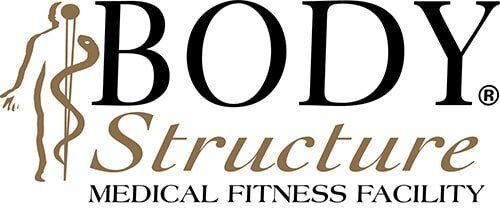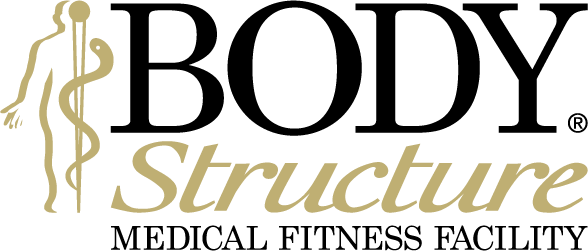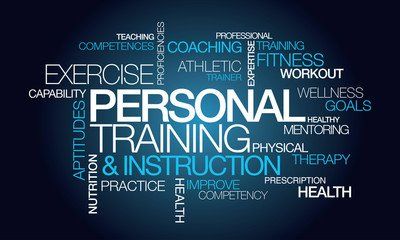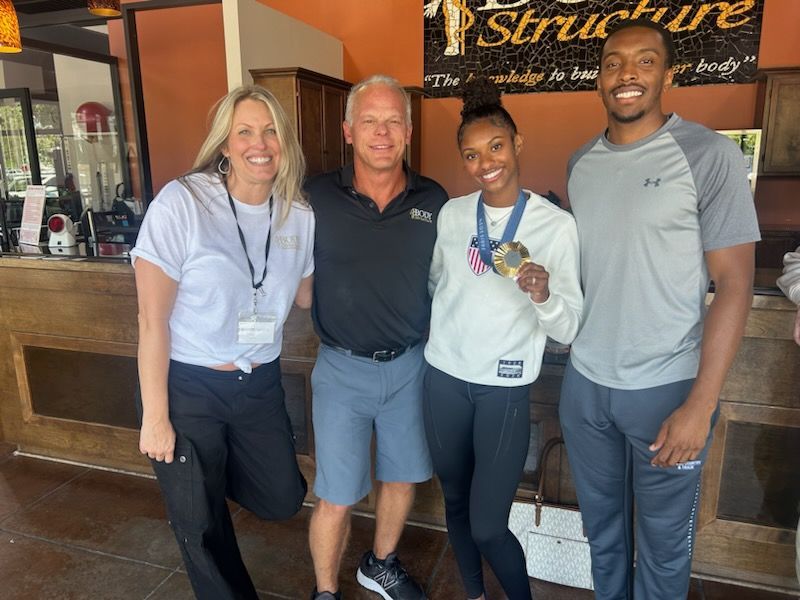YOUR MOST COMPATIBLE PERSONAL TRAINER
You’ve decided to hire a personal trainer to help guide you to a healthier place. I applaud your decision. Collaborating with the right personal trainer can improve your life. Your trainer can keep you motivated and accountable. He or she can maximize your exercise time, help get you to your desired results, and, most importantly, your personal trainer can dramatically reduce your risk of injury.
Now, the question is, “How do I determine the ‘right’ personal trainer?” I offer you some conditions to consider when faced with this dilemma.
- Credentials : Any qualified personal trainer will have a certification in his/her area of expertise from an organization accredited by the NCCA (National Commission for Certifying Agencies). The four most recognized and reputable personal training certifying associations are; National Strength and Conditioning Association (NSCA), American College of Sports Medicine (ACSM), National Academy of Sports Medicine (NASM), and American Council on Exercise (ACE). Holding a certification from one of these organizations helps ensure that your potential trainer meets the standards of competence and professionalism.
- Personality:
Your potential trainer is someone with whom you’ll be spending significant time. He or she can have all sorts of credentials, but if you don’t get along, you won’t enjoy your experience. If you don’t enjoy your experience, you won’t stick with it. If you just don’t mesh with your trainer, don’t just suck it up. Find a new one. Even ask your trainer who they would recommend. If you’re not enjoying your time, your trainer probably isn’t either. Win. Win.
- Philosophy
: Each trainer has a method to the madness, but there are a few philosophies that should be universal among personal trainers. The reward of every exercise must outweigh the risk. Your trainer should lay a solid foundation of proper movement techniques before getting fancy with the exercise selection. Results should come by design, not by coincidence. You should start where you are, not where you want to be.
- Specialty
: Simply put, your potential trainer must be able to handle your needs. Do you want to run a marathon in 6 months? Are you finishing up with physical therapy after a hip replacement? Are you pregnant and want to continue exercising? All three conditions require a drastically different approach and your personal trainer must have the know-how to differentiate.
- Cost
: Before your hunt for a personal trainer begins, consider your budget. Credentials, experience, and specialties will affect the rate of personal trainers. Knowing what you’re willing to spend, in addition to what you want and need, can help narrow your search.
- Evaluation Process
: I always ask, “How do you determine where you’re going if you don’t know where you are?” Every qualified personal trainer will have a process for evaluating your current health status. The process must also include re-evaluations to ensure you’re making progress towards your goals and to make adjustments if you’re not.
- Reputation: A personal trainer can toot his or her horn all day long, but a simple referral from a close friend, family member, or trusted doctor will always carry more weight. A referral is the best compliment a personal trainer can receive. A trainer is proud of the success of his/her clients, so he/she should be willing to share testimonials, success stories, and references with you.























